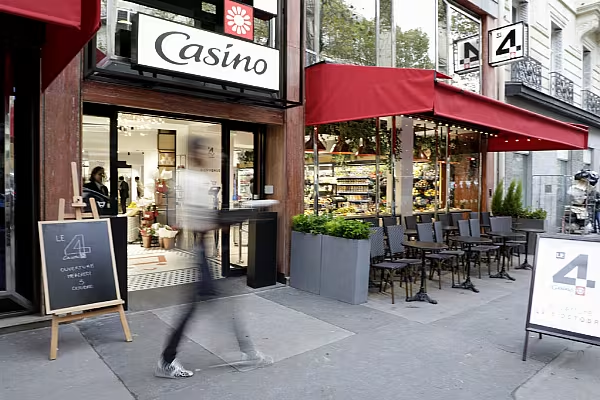France’s Groupe Casino has reported that it remains ‘focused on its strategic and financial objectives’, following the news that Moody’s has downgraded the retailer by two notches.
Yesterday, Moody’s downgraded Casino from Ba1 negative to Ba3, with a negative outlook.
In a statement, Moody’s reported, ‘The free cash flows generated by Casino’s French operations fell well below Moody’s previous expectations, limiting the company’s ability to reduce its gross debt despite large asset disposals.’
Casino’s Response
In response to Moody’s assessment, Casino issued its own statement, suggesting that the ratings firm ‘bases its analysis on Casino’s gross debt at the end of 2018, which takes into account neither the disposal plan nor the future reduction in bond debt.
‘Moody's also states that the Group is well positioned in convenience formats and online activities, and that it has the potential to generate new sources of revenues, particularly through its Greenyellow and 3W relevanC subsidiaries.’
It also noted that Moody’s ‘positively highlights’ Casino’s declining exposure to the hypermarket format.
Noting that it holds around €5.0 billion in liquidity, Casino reiterated its plans to increase its asset disposal plan target by €1 billion, ‘to at least €2.5 billion by the first quarter of 2020.’
The group also reported that it plans to generate free cash flow of €500 million per year in France over the coming years.
Analyst Viewpoint
Commenting on the retailer’s statement, Bruno Monteyne of Bernstein Research said, “Casino are reliant on asset disposals for their FCF [free cash flow] generation. Next year, they have an FCF target of €500 million, but this is on their definition, which includes the benefit of selling non-strategic assets – yes, it is hard to sometimes keep track of the different types of asset disposals.
“For 2019FY, Casino expect some non-strategic asset disposals: the sale of loss-making stores, and some other, non-specified assets. Those large non-strategic asset disposals can be seen in the IFRS5 [non-current assets held for sale and discontinued operations] balance, where they booked €332 million of planned disposals,” Monteyne furthered.
“Hence, once they run out of assets to sell, we estimate that their FCF will not be sufficient to cover the dividend and interest costs of the business,” he added.
© 2019 European Supermarket Magazine – your source for the latest retail news. Article by Stephen Wynne-Jones. Click subscribe to sign up to ESM: European Supermarket Magazine.














